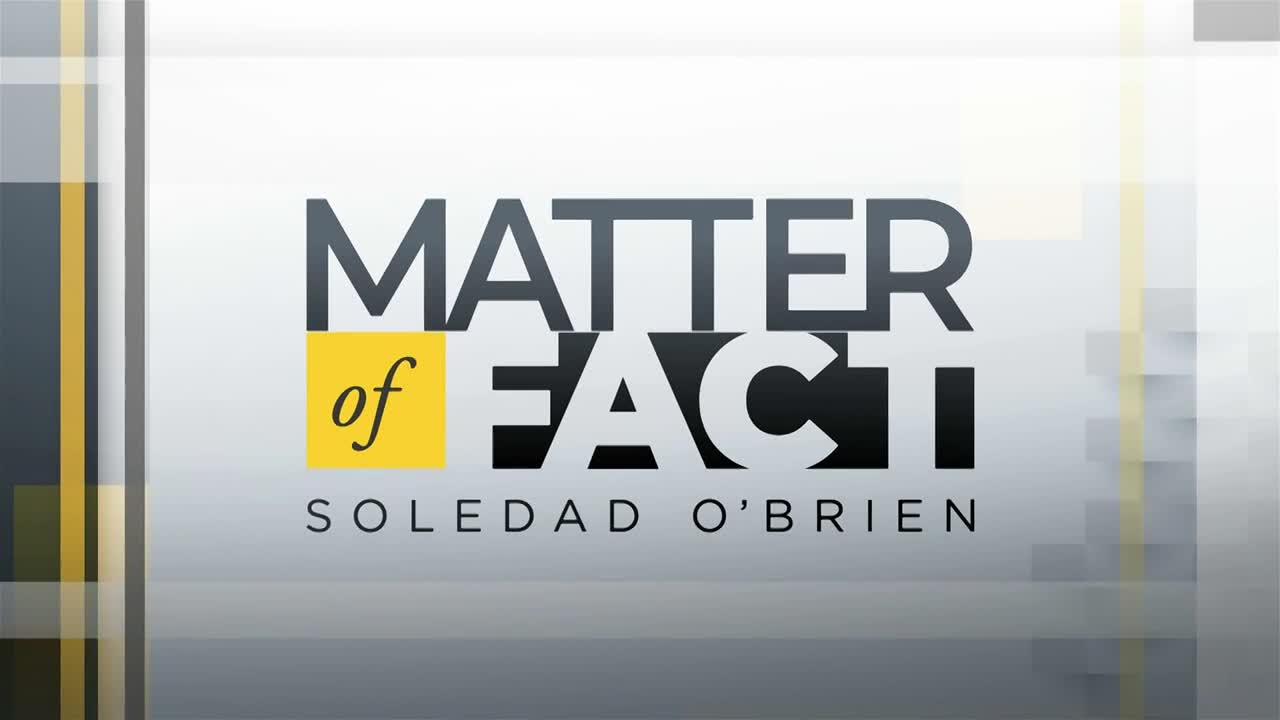
This week on Matter of Fact, correspondent Jessica Gomez shows us the remarkable friendship between a cop and a man arrested that’s endured a murder conviction, prison time and nearly 30 years. Plus, how can businesses bring more women back into the workforce? Soledad talks to Beth Humberd, an associate professor of management at the University of Massachusetts-Lowell and an expert on gender and diversity in the workplace. And, Pulitzer Prize-winning journalist Jose Antonio Vargas shares his thoughts around citizenship as an undocumented immigrant.

The U.S. is getting closer to business as usual. COVID cases are on the decline, kids are heading to summer camp and many Americans are going back to work. But for women it could be an even longer journey back to normal. They make up more than half of the nation’s unemployed. Beth Humberd is an associate professor of management at the University of Massachusetts-Lowell and an expert on gender and diversity in the workplace.
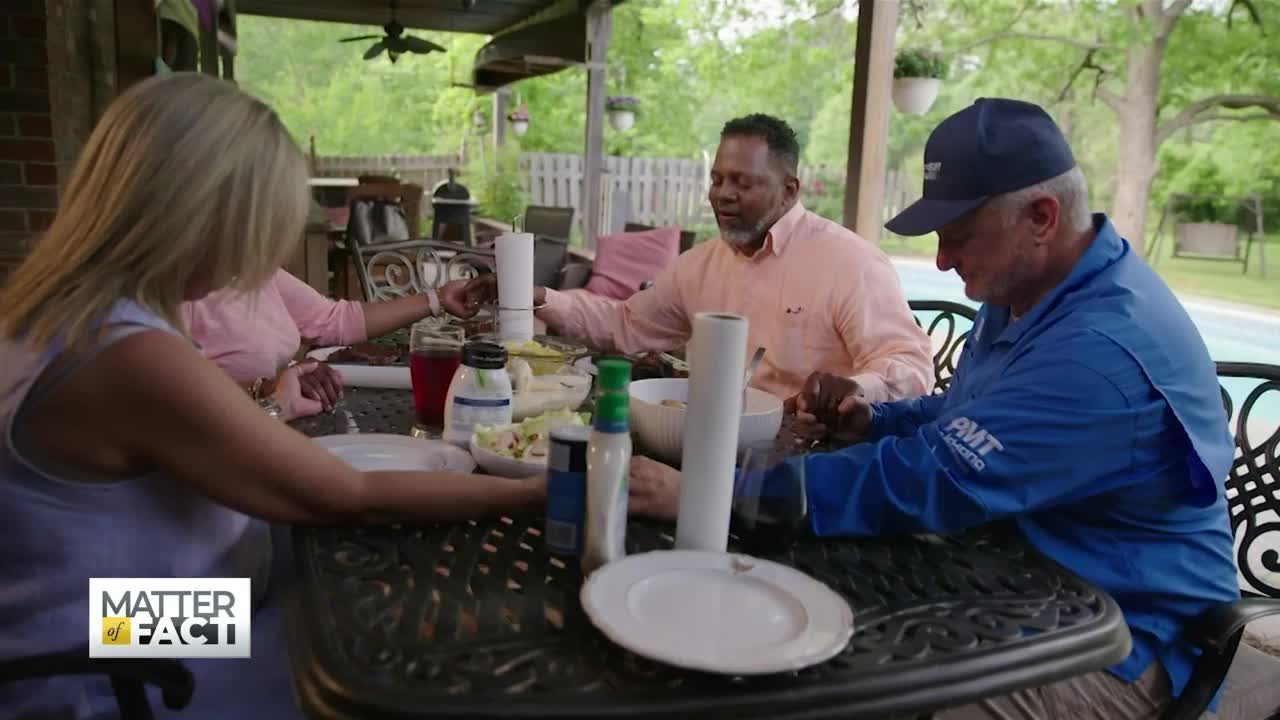
Nearly three decades ago, an Atlanta area police officer with just one year on the job, responded to what he thought would be a routine call. Instead, it led to a lifelong friendship. One that survived an arrest, a murder conviction and prison time. Correspondent Jessica Gomez reports.

A recent Pew Research study shows more young adults are living with their parents than during the Great Depression. Soledad talks to Jeffrey Passel from the Pew Research Center about the changing timeline for those who want to set up their own households. Plus, a recent grad shares what she’s learned living with three generations of adults under the same roof. Then, we head to North Carolina to hear a tale of two pastors. One leads a predominantly Black church; the other a predominantly white church. See how this married couple is trying to foster racial reconciliation. And, Soledad talks to Dr. Brian Castrucci, head of the de Beaumont Foundation, about helping parents overcome vaccine hesitancy.
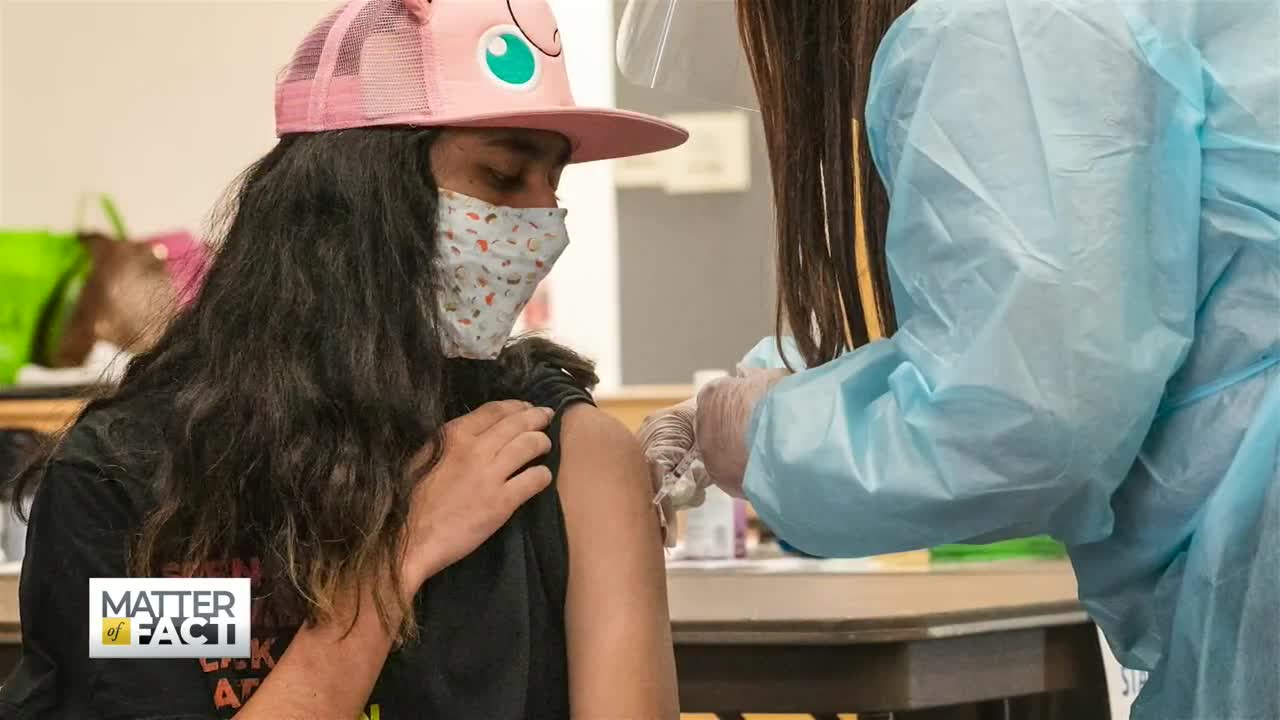
Ahead of Memorial Day weekend, half of U.S. adults are now fully vaccinated against COVID-19. But experts say in order to reach herd immunity, anywhere from 70 to 90 percent of the population needs their shots. Now, health leaders are pushing younger Americans to roll up their sleeves. Dr. Brian Castrucci is the president and CEO of the de Beaumont Foundation and a leading voice on public health issues. Soledad O’Brien talks with him about combatting vaccine hesitancy.
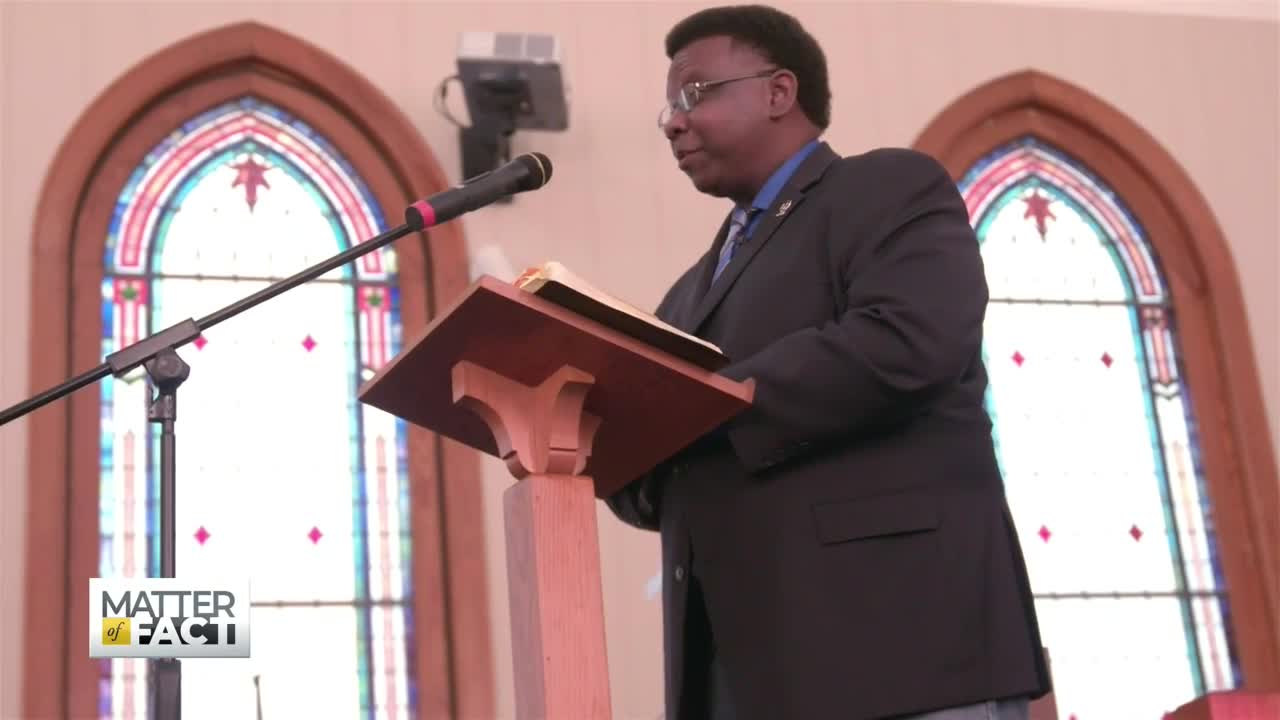
This week marks a year since George Floyd was killed by police in Minneapolis, sparking national outrage over racial injustice. Segregation, in its many forms, is a major source of racial inequality. Where you live affects your access to healthy food, safe housing, quality education and job opportunities. It even affects where you go to church. We travel to North Carolina to meet with two pastors – one with a predominantly Black church and one with a predominantly white church – who are seeking a path to racial reconciliation.
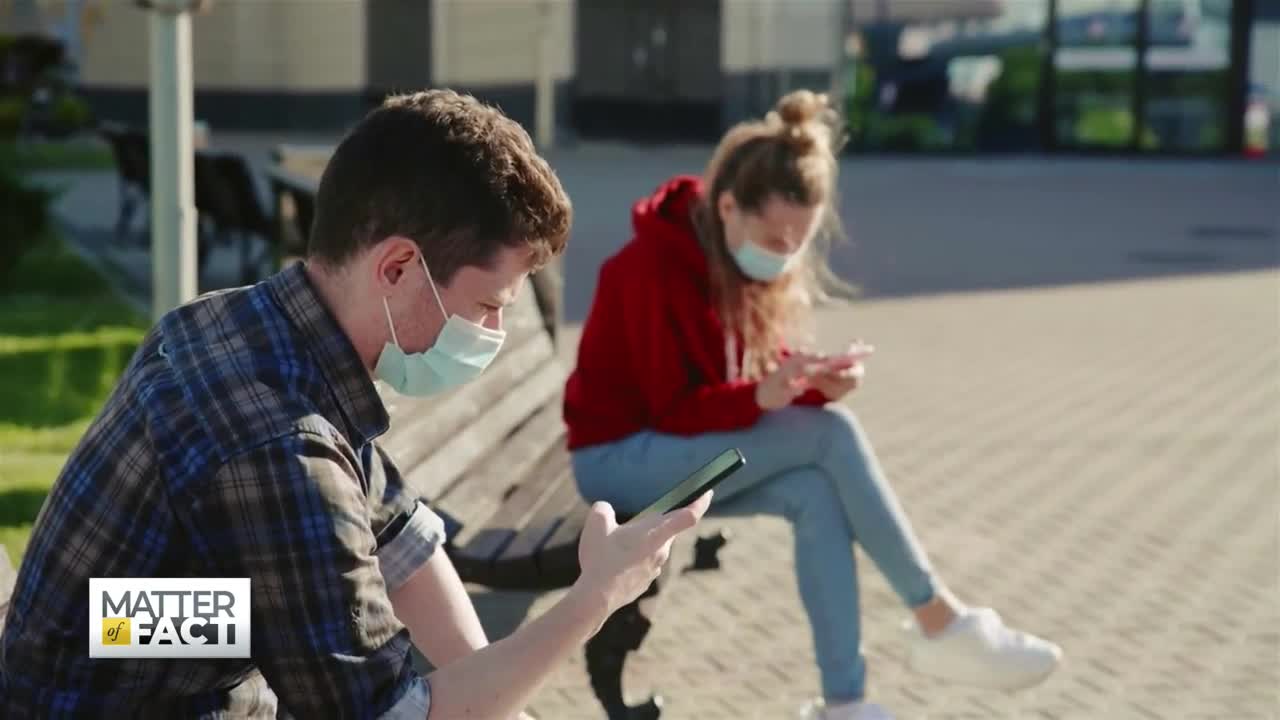
Fewer young adults in the U.S. are leaving the nest or they’re moving back in. According to a Pew Research poll, last year, more than half of Americans ages 18 to 29 reported living with their parents. That’s the highest percentage since the Great Depression. Soledad O’Brien talks with Jeffrey Passel, a senior demographer at Pew Research Center.
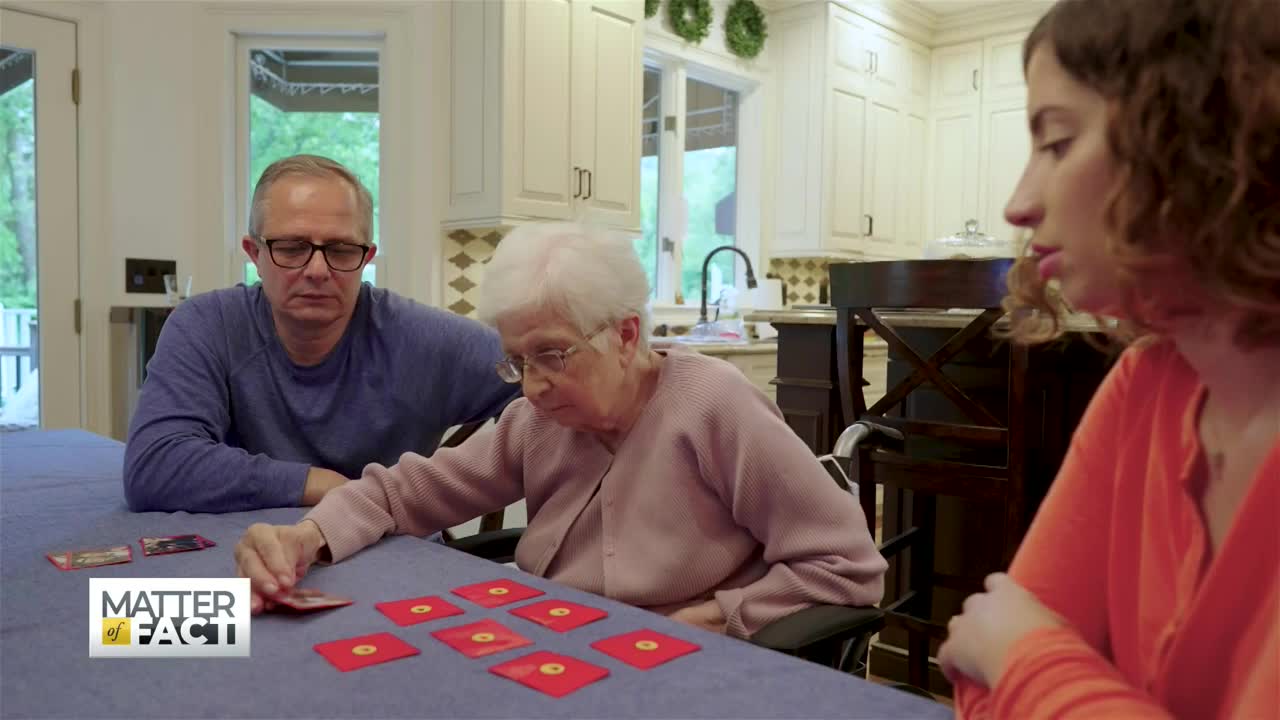
It’s graduation season and for many young Americans it represents the start of a new chapter in their lives. But, facing a tough job market and an even tougher housing market, many of them will also be moving back home. Andie Karanas, a recent graduate, describes the struggle to head out on her own amid the pandemic, and how living with parents and grandparents has changed her priorities.

This week, we take a look at the Tulsa Race Massacre, 100 years later. On May 31st, 1921, white mobs laid siege to a neighborhood known as Black Wall Street. And yet, it’s a major historical event that doesn’t make it into many U.S. history books. Plus, Special Correspondent Joie Chen shows us the generational trauma left by the most violent election day in U.S. history in 1920. Then, disability justice advocate and attorney Lydia X. Z. Brown talks about what it’s like to be multiply marginalized in America. And, we head to Lackland Air Force Base in Texas to see how the pandemic is changing the way we train our military recruits.

The pandemic has changed the way we do just about everything, including how we train military recruits. With the help of the San Antonio Express-News, we take a look at basic training at Lackland Air Force Base in Texas.